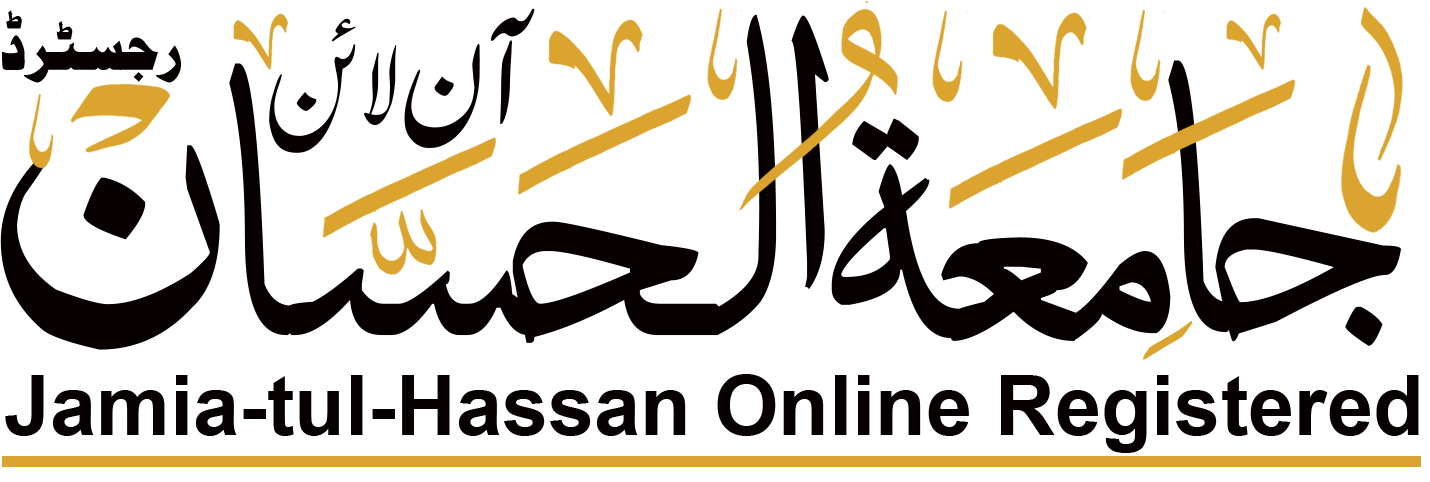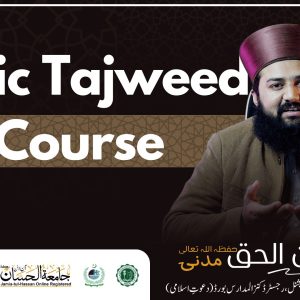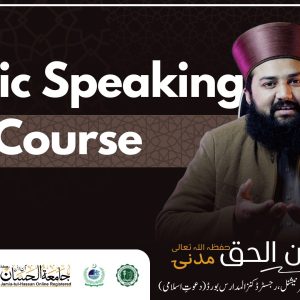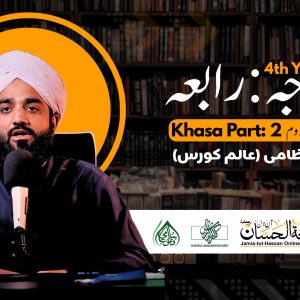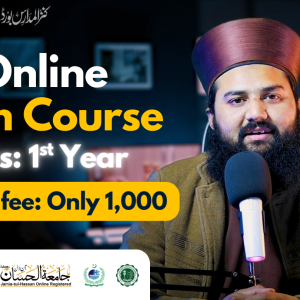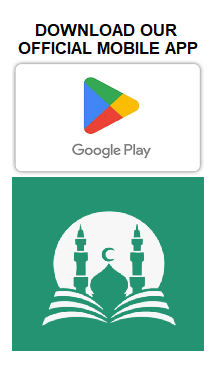Benefits of Earning an Arabic Language Certificate Online

📚 Explore Our Latest Islamic Courses 📚
Why Learn Arabic?
Understanding a Rich Cultural Heritage
Arabic is not just a language; it’s a gateway to a rich tapestry of history, literature, and cultural heritage. By learning Arabic, you gain access to classic texts, poetry, and historical documents that have shaped civilizations. This understanding can provide valuable insights into the Arab world’s influence on global history.
📚 Explore Our Latest Islamic Courses 📚
Expanding Career Opportunities

📚 Explore Our Latest Islamic Courses 📚
Benefits of an Arabic Language Certificate
Enhanced Job Prospects
An Arabic language certificate can significantly boost your employability. Whether you’re looking to work in diplomacy, international business, or tourism, proficiency in Arabic opens doors to positions that require communication with Arabic-speaking clients or partners. Employers recognize the dedication and skill required to learn a language like Arabic, and a certificate serves as a testament to your capabilities.
📚 Explore Our Latest Islamic Courses 📚
Academic Advantages
For students and academics, an Arabic language certificate can be a stepping stone to advanced studies in Middle Eastern studies, history, or linguistics. Many universities and research institutions value language proficiency as a critical component of their programs, and an Arabic certificate can enhance your academic credentials.
📚 Explore Our Latest Islamic Courses 📚
Cultural Competence
Obtaining an Arabic language certificate not only improves your linguistic skills but also enhances your cultural competence. Understanding cultural nuances and social norms is crucial when interacting with Arabic-speaking communities. This cultural awareness can lead to more meaningful connections and reduce the risk of misunderstandings in both professional and personal settings.
📚 Explore Our Latest Islamic Courses 📚
How to Earn an Arabic Language Certificate
Online Arabic Courses

With the advent of technology, learning Arabic has become more accessible than ever. Numerous online platforms offer courses that cater to different proficiency levels, from beginners to advanced learners. Many of these courses provide the option to earn an Arabic language certificate upon completion, allowing you to study at your own pace and convenience.
Free Arabic Language Courses with Certificates
For those on a budget, several platforms offer free Arabic language courses online with certificates. These courses often include comprehensive lessons, quizzes, and practice exercises designed to build your proficiency in reading, writing, and speaking Arabic. While free, they still provide valuable insights and skills that can be applied in real-world scenarios.
Arabic Proficiency Tests
Taking an Arabic proficiency test is another path to earning a certificate. These exams evaluate your language skills and comprehension, providing a standardized measure of your abilities. Successfully passing an Arabic proficiency test can result in a recognized certificate that enhances your professional profile.
Choosing the Right Course or Certification
When selecting an online Arabic course or certification, consider the following factors:
- Accreditation: Ensure the course is offered by a reputable institution or platform that provides recognized certification.
- Curriculum: Look for courses that offer a comprehensive curriculum covering all language aspects, including grammar, vocabulary, and conversation skills.
- Flexibility: Choose a program that fits your schedule and allows you to learn at your own pace.
- Support: Opt for courses that provide access to instructors or language experts who can assist with questions and provide feedback.
Conclusion
Earning an Arabic language certificate can be a transformative experience, enhancing both your career prospects and personal growth. Whether you’re interested in pursuing a career in international relations, business, or academia, or simply wish to explore a new culture, learning Arabic offers countless benefits. With a variety of online courses and resources available, obtaining an Arabic language certificate is more accessible than ever. Take the first step towards broadening your horizons and unlocking new opportunities by enrolling in an Arabic language course today.
